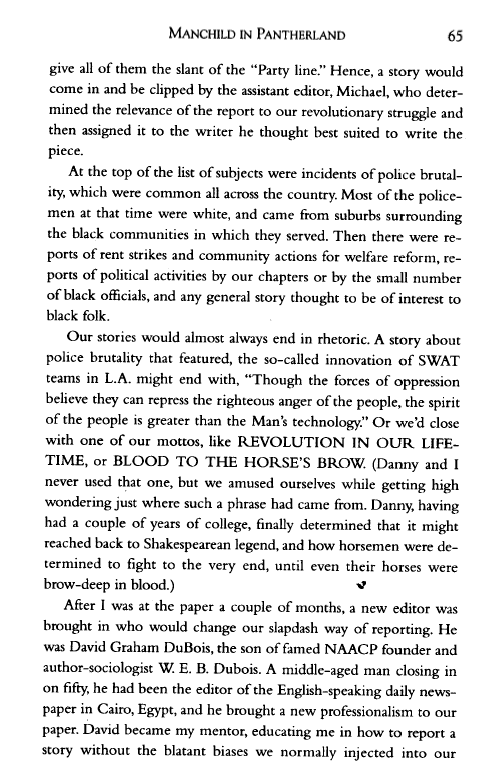

I loved the theme of sacrifice in this book. While I know showing us her life until the point of death each time made it harder to see her die, it also made the book drag in the middle and it got to a time when I had to keep putting the book down to do something lighter and happier. We would invest in Ursula so much, only to see her killed in the same building. It was dark, depressing, and bordered on repetitive. I think the repeated deaths in the London Bombings were my least favorite section of the book. I thought this was a really unique perspective of a terrible situation. Eva and Ursula were so far from Berlin when they were in the mountains that Eva would be bored, not even aware of the war and death. Most WWII books written from a German point of view tend to focus on suffering (like The Book Thief or Stones from the River) but this one focused on the luxury and affluence that Hitler allowed himself. I thought it was a really interesting way to have Ursula connect with Adolf Hitler. My favorite part of the book was the time Ursula spent with Eva Braun in Germany. There were moments when I could sympathize with Hugh or Izzy or Ursula, but on a whole, I didn’t think the characters were much like me. Having never been bombed or lived during a World War, it was difficult to relate to the characters and the struggles they felt. It’s sometimes hard to do that in historical fiction where the setting takes a very strong role. There wasn’t a character that I could particularly attach myself to and relate to well. Though the reader gets to see her grow up sever times, we still see her as dynamic across her lives. She was, quite literally, an old soul in her youth and a very practical woman in middle age. I loved seeing her thrown into so many terrible situations and reacting with such insight and poise that it was incredible. Ursula herself was my favorite character. Characters in this book were very strong in general.

I adored Ursula’s change in romantic interests between lives and how she would deal with those people in her other lives, remembering them slightly as if they were ghosts. I liked getting to see different sides of Teddy depending on if Nancy lived or died. In the life where Ursula was raped, Sylvie is so rude and hateful toward her daughter that it tinged how I felt about her in all of the following lives. I loved Sylvie as a character because she was well developed, but I didn’t like her. We got to see them on several different life paths in the book and we could see how they reacted to Ursula in her different lives. I loved how layered the characters in this book were. How could I have stopped that and would I have done it? I love powerful books that make you ask yourself that question.

What would I have done in Ursula’s situation? If I’d known of a huge international war that was coming, what would I do to stop it? In my life time, that’s September 11th (though I would still be a bit young to do much at the time).

It was a really unique idea and raised a lot of good questions. I think I prefer the alternative that Atkinson pursued with this novel, however. I thought the book was more about reincarnation. I didn’t know when I started this that Ursula was going to continue reliving the same life. In each life, she has to decide which tragedies to avoid and which to bare. She remembers an abusive lover and the death of a young friend. She remembers the London Bombings by the Luftwaffe and how she’s died in them. She remembers their maid bringing the Spanish Flu into the house and killing her and her younger brother. In each of her lives, she’s subtly aware of the lives she’s lived before and is able to avoid the terrible tragedies that befell her and her family.
#SUMMARY OF LIFE AFTER LIFE NOVEL MOVIE#
In a mix between reincarnation and the movie Groundhog’s Day, Ursula Todd is reborn on the same snowy day in 1910 when she dies.


 0 kommentar(er)
0 kommentar(er)
